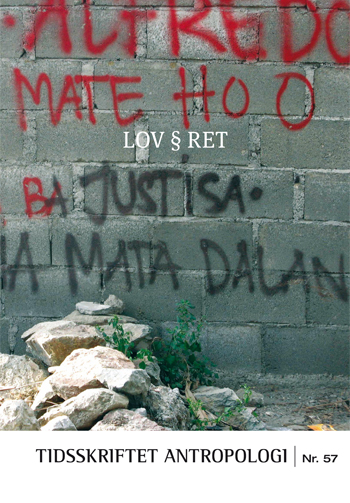YTTRANDEFRIHET: Om rättigheter som politik och kulturell praktik
DOI:
https://doi.org/10.7146/ta.v0i57.106804Resumé
The principle of free speech is considered fundamental for the democratic society.
Free speech is a non-partisan principle that serves and favours no one. However,
two recent controversial court cases in the Swedish Supreme Court show that the
neutral free speech principle does not exist. The Supreme Court argued, in spite
of the presumed neutrality of who says what, that it does matter who says what.
The two cases concerned hate speeches against homosexuals. In the case against
the speech of the church cleric, the court argued that freedom of religion is more
fundamental than free speech and thus considered the disdain of homosexuals
within the confi nes of the law. In the other case concerning the hate speech by a
Nazi-nationalistic group, the same court argued that this was illegitimate speech.
The speeches were similar in content. The conclusion from this might be that
there is no such thing as free speech. The free speech arena is just a battlefi eld
where different ideas and ideologies are competing for political and cultural
hegemony in the state. Law, moreover, is an expression of the court’s defi nition
of the cultural content in society.
Downloads
Publiceret
Citation/Eksport
Nummer
Sektion
Licens
Ophavsretten til artiklerne i Tidsskriftet Antropologi tilfalder forfatteren.
Artikler publiceret i Tidsskriftet Antropologi må citeres, downloades og videresendes for ikke-kommerciel brug, under forudsætning af normal akademisk reference til forfatter(e) samt tidsskrift, årgang, nummer og sider. Artiklerne må kun genudgives med eksplicit tilladelse fra forfatter(e) og tidsskriftet.


